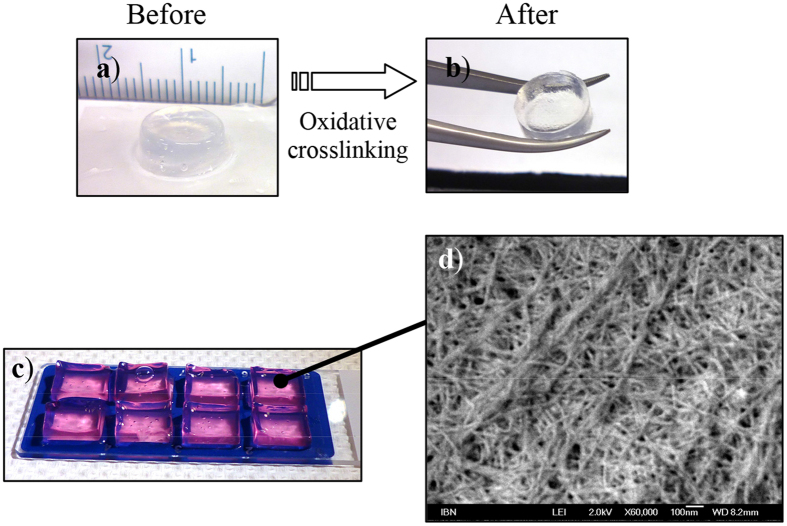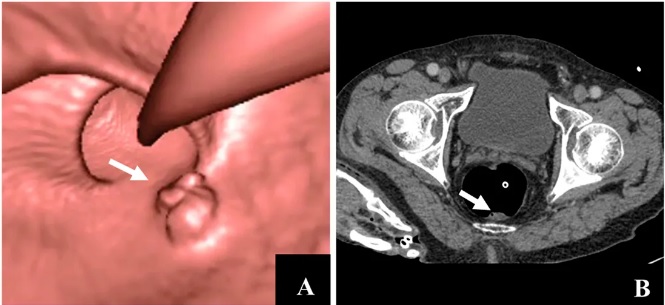West Yorkshire ADHD Charity Faces Crisis Amid Rising Demand for Services

The West Yorkshire ADHD Support Group, a vital charity providing support for individuals and families affected by Attention Deficit Hyperactivity Disorder (ADHD), is grappling with unprecedented demand for its services. CEO Corrine Hunter has expressed grave concerns about the charity's ability to sustain its operations in light of soaring requests for assistance, particularly after the Leeds and York Partnership NHS Foundation Trust announced a temporary halt to non-urgent ADHD assessment referrals in October 2023. This decision was made in response to a backlog of over 4,500 patients awaiting assessments, with only 16 new evaluations being conducted each month, according to an official spokesperson from the NHS trust.
In a letter to the community, the NHS Trust confirmed that the overwhelming number of referrals was more than ten times their current capacity. "If someone were to join the waiting list today, it would take well over ten years for them to be seen by the Leeds Adult ADHD service," the spokesperson stated, highlighting the urgent need for alternative support services.
The West Yorkshire ADHD Support Group, which caters to both adults and children with ADHD, has seen an influx of inquiries since the NHS's announcement. "We have been inundated; the phone has been ringing off the hook," Hunter remarked, noting that the charity's limited resources consist of a small number of part-time staff and dedicated volunteers. The charity's operations have also been threatened by the impending expiration of its National Lottery funding at the end of the year, which raises further concerns about its ability to continue serving the community.
Abbey Parrinello, a user of the charity's services, emphasized the critical role it plays in her family's life. "If the charity were to close, I would be losing a safety net," she stated, recounting her struggles with ADHD and the lengthy process it took to receive a diagnosis for herself and her son. Parrinello highlighted that without the tailored support from the charity, her son would likely face significant challenges in his educational journey, lacking essential support mechanisms such as an educational health care plan.
The NHS Trust has indicated that it is actively collaborating with partners to manage the high levels of demand and develop solutions to the waiting list crisis. However, the trust has also acknowledged the challenges ahead, stating that they are committed to being transparent with those seeking assessments. The situation underscores a broader issue regarding the availability and accessibility of mental health services, particularly for conditions like ADHD.
Experts in mental health and ADHD support have voiced their concerns regarding the increasing pressures on charitable organizations like the West Yorkshire ADHD Support Group. Dr. Emily Carter, a Clinical Psychologist at the University of Leeds, stated, "The lack of adequate resources and support for ADHD services is a systemic issue that needs urgent attention from both local and national health authorities." She emphasized that the closure of services not only affects immediate care but also has long-term implications for mental health outcomes in the community.
As the West Yorkshire ADHD Support Group navigates this challenging landscape, the future of its operations remains uncertain. The charity's efforts to provide essential support to individuals and families affected by ADHD are critical, especially in a climate where demand continues to outstrip available resources. The implications of this crisis extend beyond the charity itself, highlighting the urgent need for a reevaluation of how ADHD services are funded and delivered across the UK.
Advertisement
Tags
Advertisement





